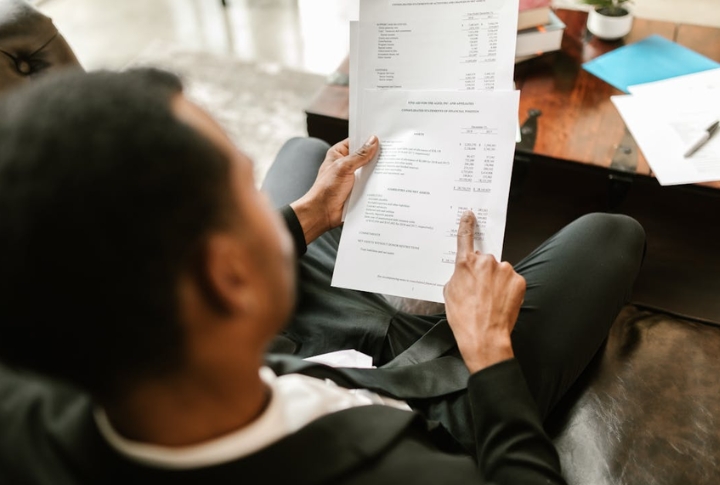
Living on a modest income doesn’t mean staying stuck in debt. What if the way forward isn’t about earning more—but thinking differently? If you’ve ever felt like financial advice wasn’t made for people like you, this is your moment. If you’re ready to rethink your money moves and take control, explore 10 practical steps designed to help low earners eliminate debt with confidence.
Inventory Every Debt With Precision

Effective debt elimination requires an initial, comprehensive accounting. People find benefit in recording every credit card balance and outstanding bill. Logging details like the interest rate and minimum payment creates a vital financial map. Arranging these debts smallest to largest dollar value also establishes the starting point for strategic repayment planning.
Master The Zero-Based Budget Strategy

A core strategy involves assigning a specific purpose to every dollar earned. Income arrives, and funds get allocated across saving goals and debt payments until the remaining balance reaches zero. Zero-based budgeting fosters intense, intentional spending and ensures smaller paychecks operate at peak efficiency toward financial goals.
Establish A $1,000 Emergency Fund First

Unforeseen events—like unexpected medical costs or car trouble—often force immediate reliance on credit. This is where creating a small $1,000 emergency fund acts as an essential financial buffer. Saving even modest amounts weekly quickly builds the cushion. The fund becomes a first defense mechanism, preventing new debt accumulation during life’s inevitable surprises.
Apply The Debt Snowball Method Relentlessly

One popular approach focuses on attacking the smallest debt balance first. Aggressively paying that off while maintaining minimums on others generates rapid, visible results. Success builds momentum. Once the first debt disappears, the money previously allocated to it rolls directly into the next smallest bill. Such early wins also keep motivation high throughout the long payoff process.
Slash Non-Essential Spending To Free Cash

A close look at spending habits can uncover big opportunities. Reducing expenses such as dining out, unused subscriptions, or impulse buys frees up cash. Even redirecting $50 or $100 a month toward debt makes a real impact, turning short-term discipline into long-term financial freedom.
Boost Income Through Side Hustles And Sales

Many find supplemental income through selling unused household items or taking flexible, part-time work like delivering goods or doing occasional freelance tasks. Generating extra cash also helps accelerate the debt payoff timeline. The idea centers on creating temporary income increases specifically targeted at breaking free from financial strain sooner.
Use Cash Envelopes To Control Discretionary Spending

Financial management improves when funds are organized into envelopes for food or travel. Tangible cash in every envelope turns abstract limits into something concrete. Once an envelope empties, spending stops in that area. This hands-on method effectively curbs accidental overspending, especially helpful for managing money on a limited income.
Pause Investing Until All Debt Is Gone

When you carry high-interest debt alongside investments, it’s worth reconsidering your strategy. Temporarily pausing retirement or other contributions allows those funds to tackle high-rate debt and provides a guaranteed return. Then, eliminating heavy debt first creates a much stronger base for future investment growth.
Celebrate Milestones To Sustain Motivation

The debt payoff journey is naturally long and demands sustained focus. This is why tracking progress with visual tools like charts and calendars can help maintain perspective while reinforcing effort through small wins. Clearing one balance and celebrating with simple, low-cost rewards keeps motivation strong.
Reject Debt Consolidation And Refinancing Traps

Lower monthly payments offered by consolidation often extend the repayment period, potentially increasing total interest paid. In fact, these solutions rarely address the root behavioral issues leading to debt. Financial security comes from actively eliminating balances, not simply shifting existing obligations. Discipline also secures long-term freedom more reliably than quick fixes.
